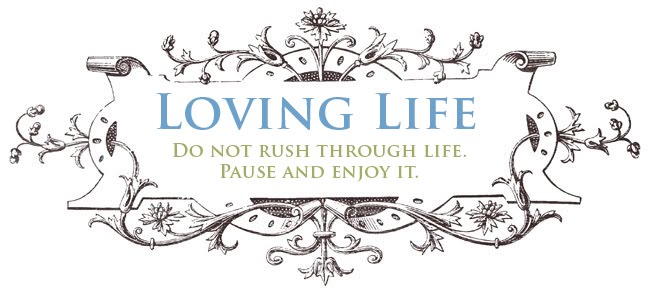How can you resist amazing music and lyrics, newsies dancing around New York and of course, the future Batman standing up to Pulitzer and Hearst? You can't.
Newsies takes place in 1899 and tells the incredible true story of the two-week Newsboys Strike. This was the only child-led strike in American history. Back then, newspapers were distributed by extremely young, poor and often homeless boys who were not employed by the newspapers. They bought their papers and worked hard to sell all of them because if they didn't, they had to eat the cost of the extra papers they weren't able to sell. This is where the phrase "Extra, extra!" came from.
"There are 10,000 children living on the streets of New York....The newsboys constitute an important division of this army of homeless children. You see them everywhere.... They rend the air and deafen you with their shrill cries. They surround you on the sidewalk and almost force you to buy their papers. They are ragged and dirty. Some have no coats, no shoes and no hat."
- James B. McCabe, Jr.
 |
| Newsies, 1908, Brooklyn Bridge. |
Standing up to this unfair treatment of child workers, the newsies banded together by the thousands, refused to sell Pulitzer and Hearst's papers and demonstrated across the Brooklyn Bridge, halting traffic and hindering the distribution of papers.
The details of the story of the newsies coming together, beating up sell-outs, refusing to accept bail from newspaper publishers, defending their rights and standing up for what they believed to be right is truly amazing.
Despite sometimes violent attempts by Pulitzer and Hearst to break up the rallies, the newsies stood strong under teen-aged, eye patch wearing strike leader Kid Blink. Due to their union and strike, the newsies caused Pulitzer's paper to decrease to about a third of its regular circulation.
"I'm trying to figure out how ten cents on a hundred papers can mean more to a millionaire than it does to newsboys, an' I can't see it. If they can't spare it, how can we?" ;
- Kid Blink
After proving to newspaper giants that paper couldn't be sold without newsboys and that they were determined to stand up for their rights, the newsies won. While Pulitzer and Hearst did not lower the bundle price, they did agree to buy back unsold papers.










No comments:
Post a Comment